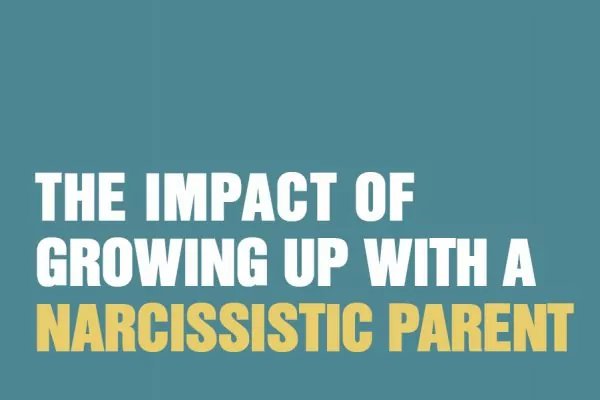As we celebrate our mums and all they do for us, it could be a good time to also think about the things they set up for us unconsciously.
The poet Robert Browning said, “Motherhood: All love begins and ends there”. This is obviously a wonderful thing, but it is also a complicated thing. And the patterns set up for us by our first, and most important, relationships with our primary carers can affect our relationships for the rest of our lives, and not always, or necessarily, in a good way.
Thinking about this at a time when we are handing out the chocolates and cards and flowers to our mothers may feel a little churlish. But it is not necessarily ungrateful or mean-spirited to reflect on the full legacy of your relationship with your mother. Not if this examination starts from a place of understanding that all mothers, carers and parents in the main do their best for their children.
Philip Larkin’s poem This Be the Verse famously starts with the words ‘They f*** you up, your mum and dad, They may not mean to but they do.’ However, his less famous second verse reads, “But they were f***ed up in their turn, By fools in old-style hats and coats.’ None of us grow up straight in the sunshine like sunflowers; we all have little nooks, and kinks and hidden dark corners. So your mother may bear the effects of her own mother-child relationship patterns, which she unwittingly passes on to you.
Recognising that your mother’s love and nurture may have come with a few flaws or future problems for you flowed in, is not to take away or deny that any love or goodness came from your own dear mum. It is simply working out what went on there and how to adapt to the effects of your own very personal and particular style of mother-child bonds.
There are almost as many types of mother-child bonds, as there are mothers and children, but they all have one thing in common: complication. Everybody’s relationship with their mother is deeply layered, multi-faceted and complicated.
The patterns of attachment and connection — how a mother interacts with her child — will vary significantly from one maternal pair to another even in the same family. Recognising if this connection pattern has set up difficulties for you in later life can help you the child, however old or adult you now are, to mourn the losses, work through the difficulties and begin to manage any problematic and painful interactions.
Here are the seven most common problematic mother-child relationship patterns:
1. Dismissive
Children who do not feel seen or heard by their mothers, can grow up lacking confidence and self-belief and feeling undeserving of love and attention. Having a dismissive mother can also create an intense longing for love and validation.
2. Controlling
If your mother micro-managed your every move this can feel as though she is not allowing you to develop as your own individual, and that you cannot be trusted to make your own judgments. This may lead to a sense of insecurity and helplessness that can persist into adult life.
3. Unavailable
A human baby depends totally on its mother for survival so if a mother is at times depressed or emotionally unavailable and does not always respond to a baby’s needs, the baby can feel abandoned. And may grow into an adult with an acute sense of abandonment who is uncomfortable with emotional closeness and physical contact.
4. Fused
This is where a mother experiences life through their child’s achievements — think the classic ‘stage mother’ or ‘beauty-queen mother’ — this fusing or enmeshing can leave the child feeling unable to navigate the adult world without validation
5. Chaotic
If a mother or primary carer cannot always be relied upon to tend to the child’s needs this can set up a split in the child — are they going to get ‘good mum’ or bad mum and these feelings of uncertainty can lead to difficulties with and lack of commitment to later relationships.
6. Narcissistic
The narcissistic mother sees the child as an extension or part of themself rather than as a separate and independent individual. So everything the child does becomes something done to the mother. This obviously leads to feelings of not being seen or heard or loved in the child.
7. The child-parent reversal
This is the pattern in which the child is required to parent the parent, and goes on to become the person who gives care in all their later relationships; and who can find it very hard to ask for or to accept love, help and care themselves, throughout their life.
If you recognise any of these patterns and feel you would like to work on your mother-child-relationship issues, or need some help or direction with adult relationships, we have a team of counsellors who will be able to help. Call 020 8673 4545 or email [email protected] for a confidential appointment.







